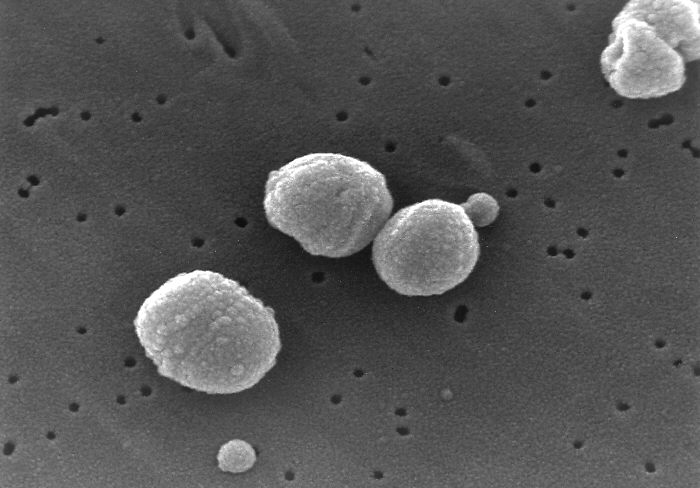Impact of Pneumococcal Vaccination on Mortality in Care Homes

In a groundbreaking study published in the *Lancet Healthy Longev* on July 16, 2025, researchers have found that pneumococcal vaccination significantly reduces the incidence and mortality of invasive pneumococcal disease (IPD) among older adults residing in care homes. The study, led by Dr. Fatimah Abdullahi from the University of Manchester, emphasizes the importance of immunization in this vulnerable population, which is particularly susceptible to chronic diseases such as lung and heart conditions.
The research utilized data from the UK Health Security Agency, which recorded 2,574 cases of IPD in individuals aged 65 and older in England during 2022-2023. It highlights the need for enhanced vaccination strategies, recommending that the 20-valent pneumococcal conjugate vaccine (PCV20) is more effective than the currently used 23-valent pneumococcal polysaccharide vaccine (PPV23). Dr. Abdullahi stated, "The increased risk of pneumococcal infections in care homes is driven by advanced age and the prevalence of frailty and comorbidity among residents," suggesting that vaccination could prevent up to 317 cases of IPD in care home residents over five years.
Current estimates indicate that the incidence of IPD from PPV23 serotypes stands at 16.9 per 100,000 people, while PCV20 serotypes show a slightly lower rate at 14.7 per 100,000. The case fatality rate for both vaccines hovers around 25%, underscoring the critical need for effective preventive measures in aged care settings. The study also notes that symptoms of pneumonia in older adults can be atypical, complicating diagnosis and treatment; therefore, proactive vaccination strategies are essential.
Dr. Tara Patel, an infectious disease expert at the University of Bristol, echoed these findings, stating, "Vaccinating new residents in care homes could substantially decrease the burden of pneumococcal disease and deaths compared to the general population of older adults."
Despite the evident benefits, logistical challenges in administering vaccines to all eligible residents remain. The study's authors argue that public health policies must prioritize vaccination in care facilities to mitigate the high morbidity and mortality rates associated with pneumococcal disease in older adults.
In conclusion, as the demographic of older adults continues to expand, the study underscores a critical public health opportunity to implement broader vaccination strategies against pneumococcal disease. Stakeholders, including government health agencies and care home administrators, must collaborate to enhance vaccination coverage in these high-risk settings, potentially saving hundreds of lives annually. These findings could catalyze a reassessment of current vaccination policies and practices, advocating for the transition to PCV20 as a standard immunization in care homes nationwide.
Advertisement
Tags
Advertisement





